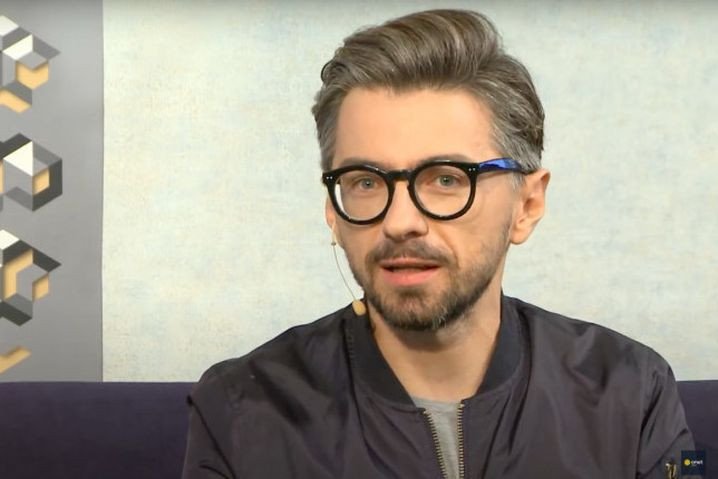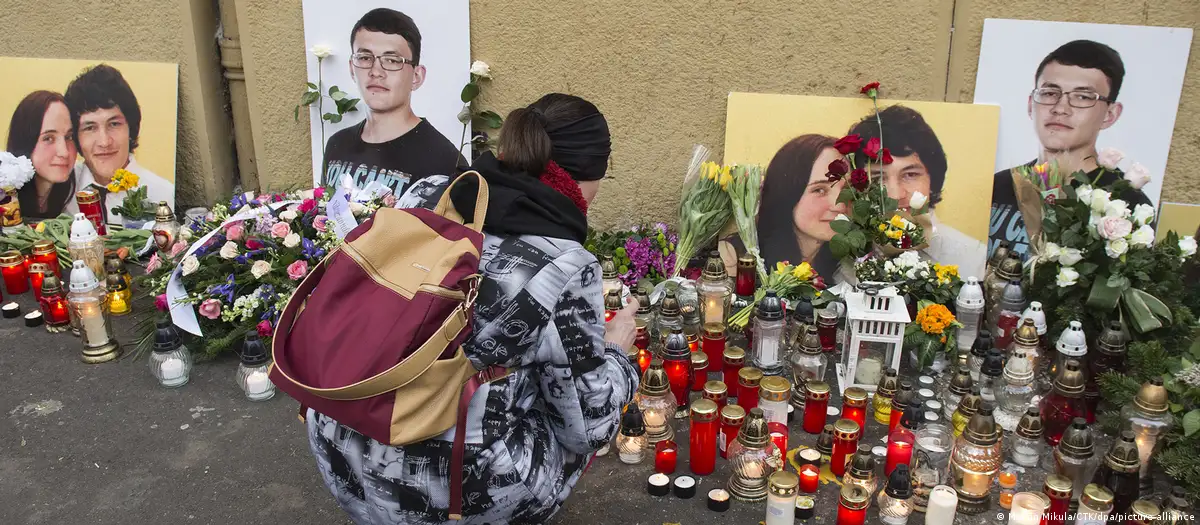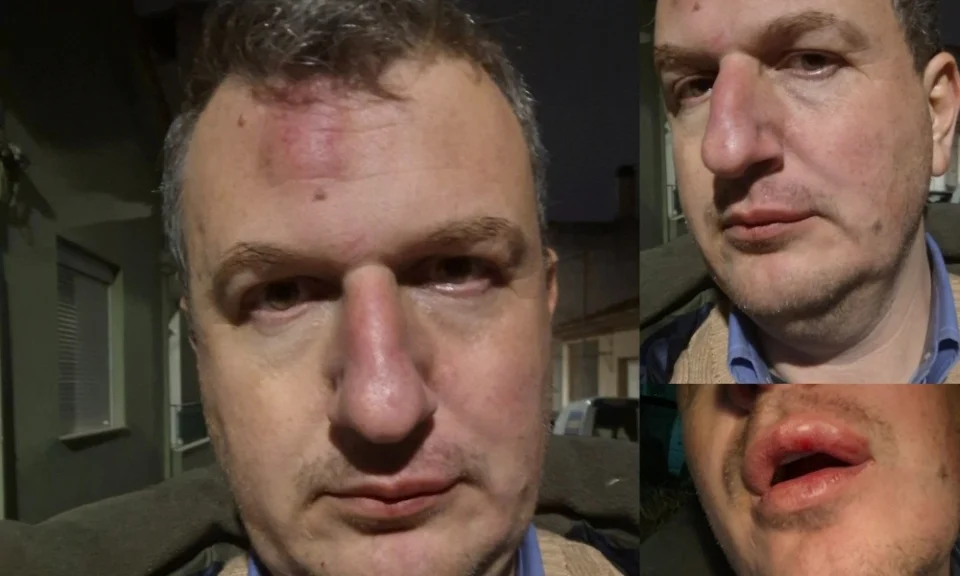
Investigation Sparks Threats: Grzegorz Rzeczkowski’s Stand Against Russian Influence
December 13, 2024
Journalists Arrested Ahead of Belarus Election as Crackdown Tightens
December 13, 2024December 13, 2024 – Georgia –
A coalition of major press freedom organizations, including the International Federation of Journalists and European Federation of Journalists, has urged the European Union to demand an immediate halt to the rising wave of repression against journalists in Georgia. In an open letter dated 12 December, the groups called on key EU figures—Ursula von der Leyen, António Costa, Roberta Metsola, and Kaja Kallas—to address systematic threats to media professionals during increasingly violent anti-government protests in Tbilisi.
Since late 2024, demonstrators have rallied against Georgia’s political leadership, especially following the suspension of EU accession talks and the passage of the controversial “foreign influence” law. These events have been accompanied by repeated incidents of journalists being physically assaulted, detained, obstructed, and denied access to official events. More than 90 reporters have suffered violence or interference since November, with many injuries involving police batons, chemical irritants, and physical restraint.
In this context, one of the most high-profile cases involves journalist Mzia Amaghlobeli, founder of Batumelebi and Netgazeti. She was arrested during a protest in early January after reportedly slapping a police officer who allegedly assaulted her; Amaghlobeli, Georgia’s first female political prisoner, subsequently began a lengthy hunger strike, drawing widespread condemnation from international bodies demanding her release.
The open letter highlights how Georgian authorities have enacted legal and administrative instruments to silence independent reporting, including new laws on foreign funding and “transparency” requirements aimed at NGOs and media outlets. Observers note that these measures disproportionately affect critical journalists, especially those reporting on corruption, protests, and democratic backsliding.
Press freedom advocates warn that Georgia’s retreat from democratic norms places the country’s EU aspirations in jeopardy unless decisive action is taken. The coalition is calling for coordinated EU intervention, including conditional funding and public pressure on Georgia’s ruling party—Georgian Dream—to repeal oppressive legislation, halt police violence, and ensure investigations into abuses against journalists.
As protests continue into early 2025, the fate of press freedom in Georgia rests largely on whether the EU and global community can intervene before the threats facing media workers become irreversible.
Reference –




